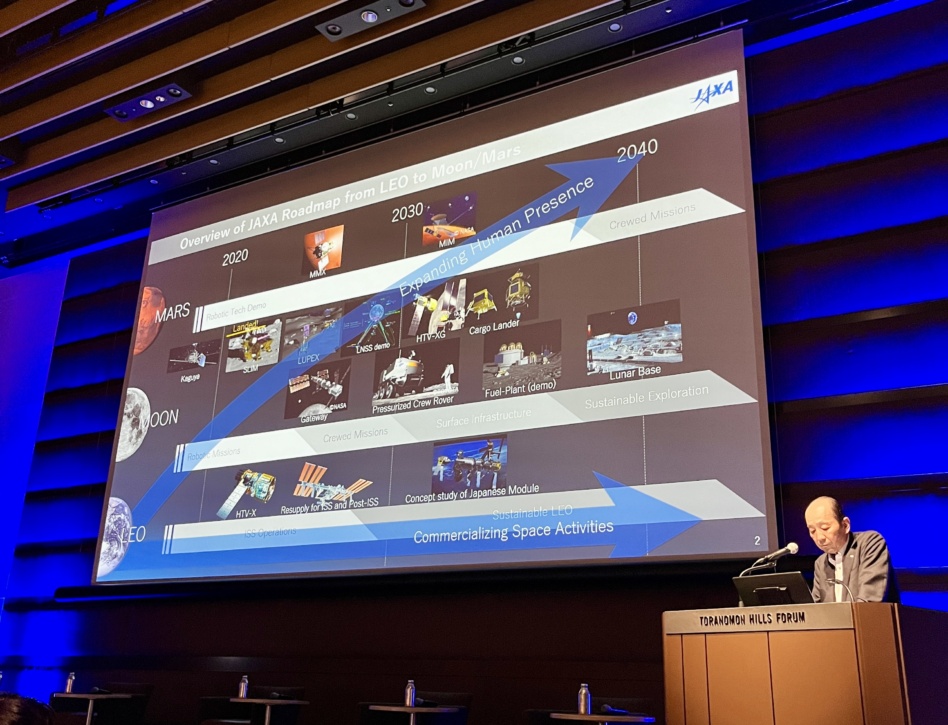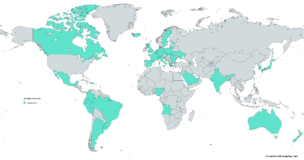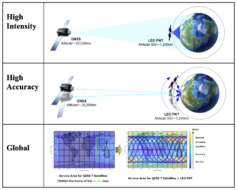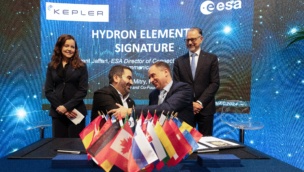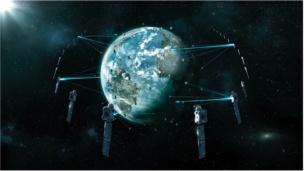Tokyo—The Japanese government is beginning to roll out its significant investment in the country’s growing space sector to help it compete for global projects outside of the Asia-Pacific, officials said at SPACETIDE, Asia’s largest commercial space conference.
“JAXA’s new funding functionalities are to definitively promote commercial activities,” Jun Kezaki, the director-general of the National Space Policy Secretariat, told attendees. “We will support companies who have a solid, feasible business plan.”
Ante up: The government will dole out investments from a new ¥1T ($6.2B) fund over the next ten years to back private efforts. Last week, it solicited the first proposals in areas such as lunar services and launch vehicles.
NASA chief economist Alexander MacDonald—on hand to spread the gospel of public-private partnerships—commended the design of the program and said it had the potential to push significant funding toward commercial LEO destinations in the years ahead.
And the interest isn’t just from startups. “The transition from government to commercial, we saw the opportunity there,” said Kohei Okamura, a Mitsubishi executive who is the director of business development for Starlab, the space station joint venture his firm joined earlier this year.
Execution matters: Astroscale CEO Nobu Okada told Payload that companies need to make the most of the strategic fund by using the money to be ready to compete globally, because the Japanese domestic market isn’t big enough to support them.
“Leveraging this money to do the R&D and sales in the global market, that will be great,” he said. “If each company just does the R&D and is still focusing on Japan, they will have to look at that dynamic.”
Respect the work: Maybe the biggest celebrity at SPACETIDE was Koichi Wakata, the Japanese astronaut with five trips to the ISS under his belt.
Recently appointed Asia-Pacific CTO at Axiom Space, Wakata is helping with the space station company’s effort to partner with JAXA, and lending his experience to the company’s efforts to develop their spacesuit and other technology. (He admitted he wouldn’t mind leading an all-Asian crewed mission to the ISS, either.)
Payload interrupted Wakata’s autograph seekers to get his take on the government’s efforts. He called the news exciting, noting that “Japan has accumulated a lot of expertise [in LEO] and if the government of Japan doesn’t engage, it will be a waste.”
